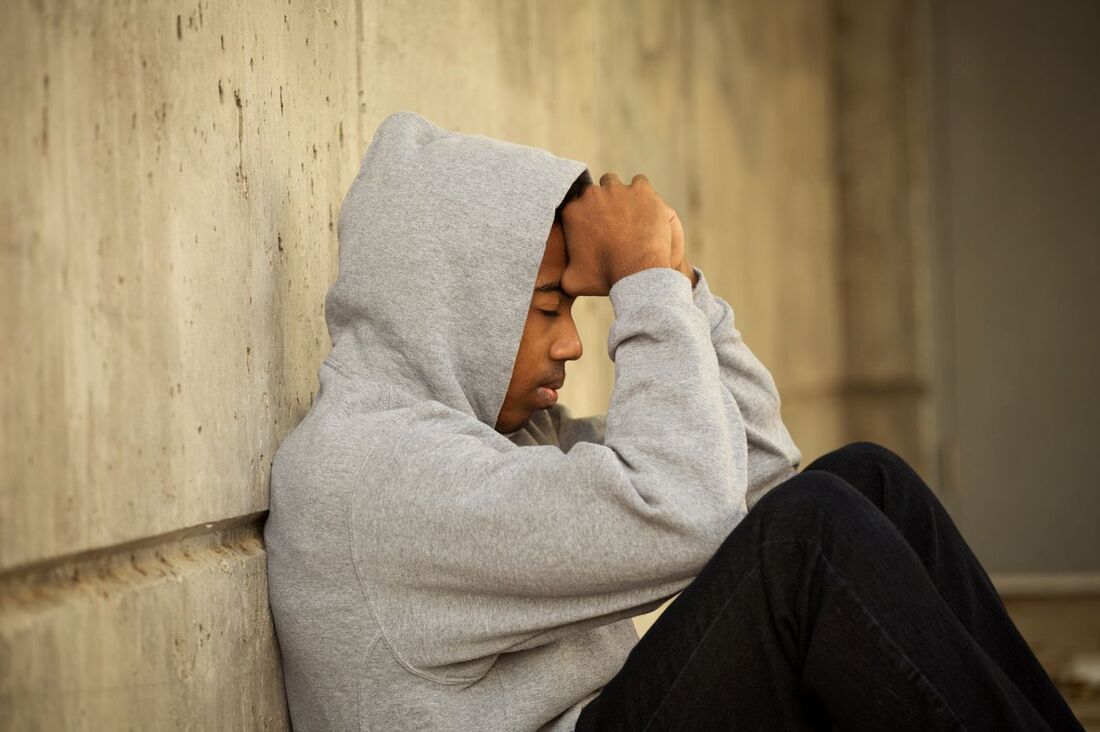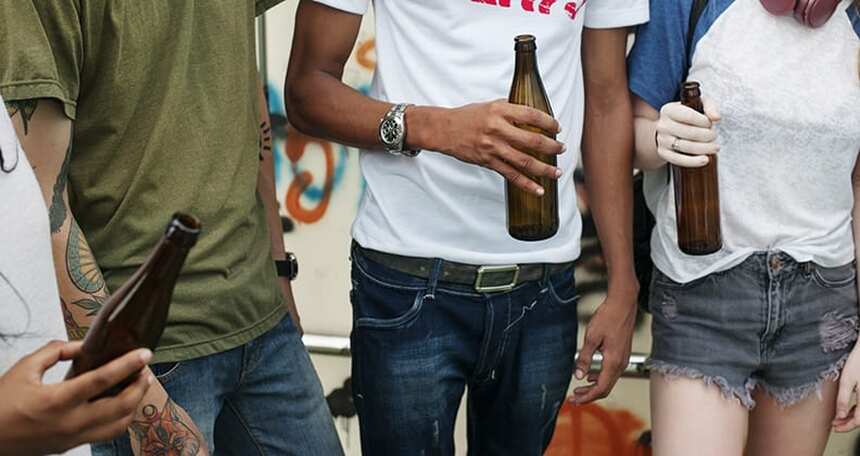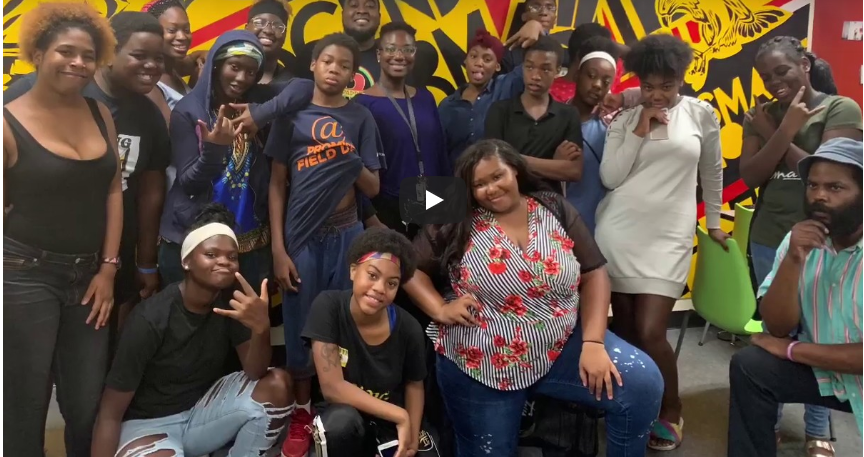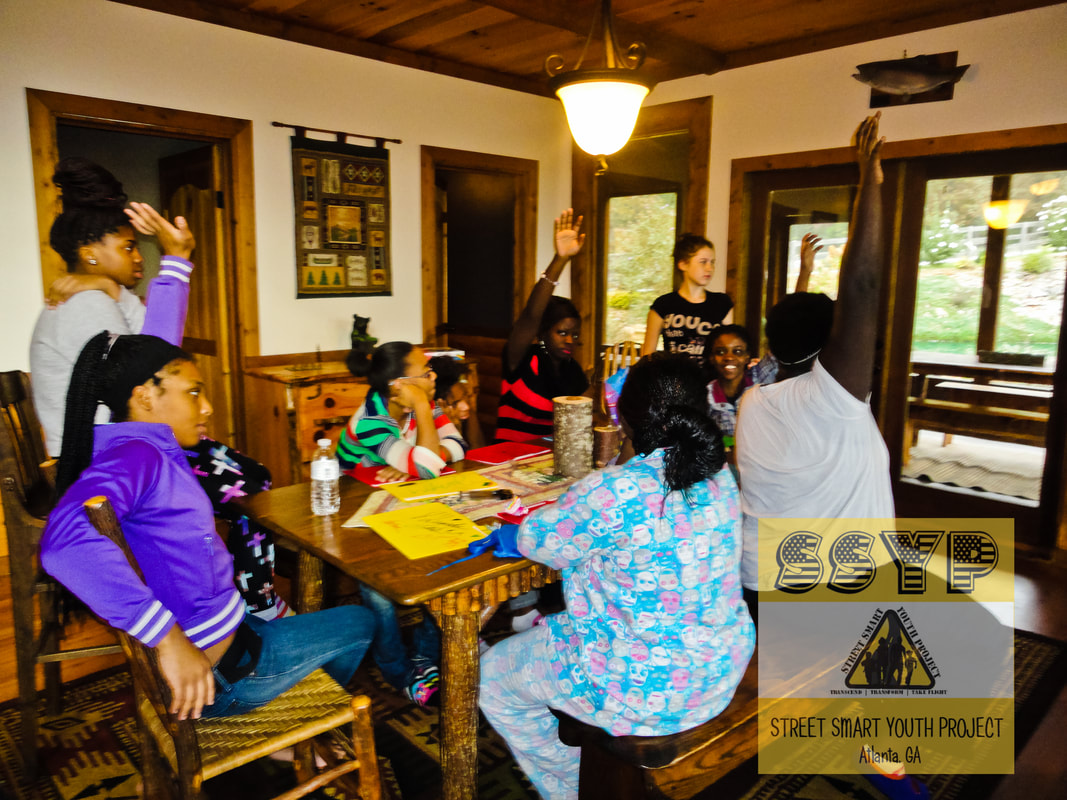|
Black adolescents express depressive symptoms differently than people from other age and racial groups, requiring that clinicians take this into account when developing treatment plans, according to a new study led by a Rutgers University-Camden researcher.
"Adolescent depression is a dire public concern in the United States, and even greater concern among Black adolescents, where, if left untreated, can disproportionately lead to an escalation of various mental disorders, academic failure, and related issues," says Wenhua Lu, an assistant professor of childhood studies at Rutgers University-Camden. Lu and fellow researchers Michael Lindsey of New York University, Sireen Irsheild of University of Chicago, and Von Eugene Nebbitt of Washington University examine the conceptualization of depression among Black adolescents and make recommendations for improving treatment in the study, "Psychometric Properties of the CES-D Among Black Adolescents in Public Housing," newly published in the November 2017 issue of the Journal of the Society for Social Work and Research. According to their findings, Black adolescents experiencing depressive symptoms tend to express their depressed feelings by complaining about conflicts with others and physical pains. "When assessing and treating Black adolescents' depression, clinicians need to pay particular attention to their complaints about interpersonal struggles and physical discomfort," concludes Lu. "Treatments such as interpersonal psychotherapy may work better for this population." The researchers note the great significance of determining these depressive symptoms among Black adolescents. Previous studies, they explain, have shown that Black adolescents who live in disadvantaged community environments -- for example, urban public housing -- are more likely to experience elevated levels of substance abuse, violence, and poverty. "Black adolescents who are exposed to such environmental and social risk factors without sufficient social-support networks are at a higher risk of depression," says Lu. Furthermore, say the researchers, youth who have been diagnosed with depression are six times more likely to commit suicide than their peers, and Black youth have a much higher suicide rate than their White peers. "It is imperative, therefore, to identify the unique ways Black adolescents express depressive symptoms, and calibrate existing assessment tools to improve their psychometric property for this population," the researchers write in the study. A total of 792 Black adolescents, ages 11 to 21, who lived in nine public housing developments in four major U.S. cities (including two in North Philadelphia), participated in the study. Adolescents completed a survey that contained a mixture of 20 negatively and positively worded items -- such as such as "I felt sad," "I enjoyed life," "My appetite was poor," and "People are unfriendly to me" -- in the Center for Epidemiologic Studies Depression Scale (CES-D). Lu explains that the CES-D is a commonly used self-report tool to assess depressive symptoms in community-based populations, and the 20 items are usually grouped into four major domains: depression affect, somatic symptoms, interpersonal relations, and positive affect. "However, this scale was developed primarily to assess clinical depression among White adults," says Lu. "It has not been fully validated as a screening tool in Black adolescents." source: sciencedaily Teens are wired to seek novel, exciting experiences and take risks. All too often, that leads to experimentation with drugs and alcohol. The teen brain is especially sensitive to the effects of alcohol, increasing the odds that a teen will binge drink or experience blackouts. While adolescents eventually “age out” of these sensitivities, new research shows the effects of binge drinking extend well beyond the teen years, with alterations in the brain and behavior. Donita L. Robinson and Bonnie Nagel discuss the neurobiology of the adolescent brain and the persistent effects of binge drinking. source: brainfacts.org
A recap of our 2019 Summer program. We had a lot of fun and learned new skills. Check the video below! Our Sisterhood Retreat celebrated young women involved with Street Smart Youth Project. Our young ladies participated in, "Becoming a Responsible Teen" which is an evidenced based curriculum, focusing on empowerment and knowledge specific to HIV, STD, and Substance Abuse prevention. Through open communication, we dispeled myths, talked honestly, and expressed our fears/insecurities and misconceptions about life and health. |
MediaPhotos + Video Categories
All
Archives
July 2023
|
|
Transcend, Transform, Take Flight!
|
PhoneOffice Numbers :
770-573-2696 404-549-2752 404-474-8887 info@streetsmartyouthproject.org
|
LocationsCommunity Site
Pittsburgh Yards 352 University Ave SW Suite W-130 Atlanta, GA 30310 Administrative Office
17 Simpson Street Atlanta, GA 30308 Mailing Address
PO Box 92451 Atlanta, GA 30314 |
All rights reserved, Street Smart Youth Project LLC.





 RSS Feed
RSS Feed
